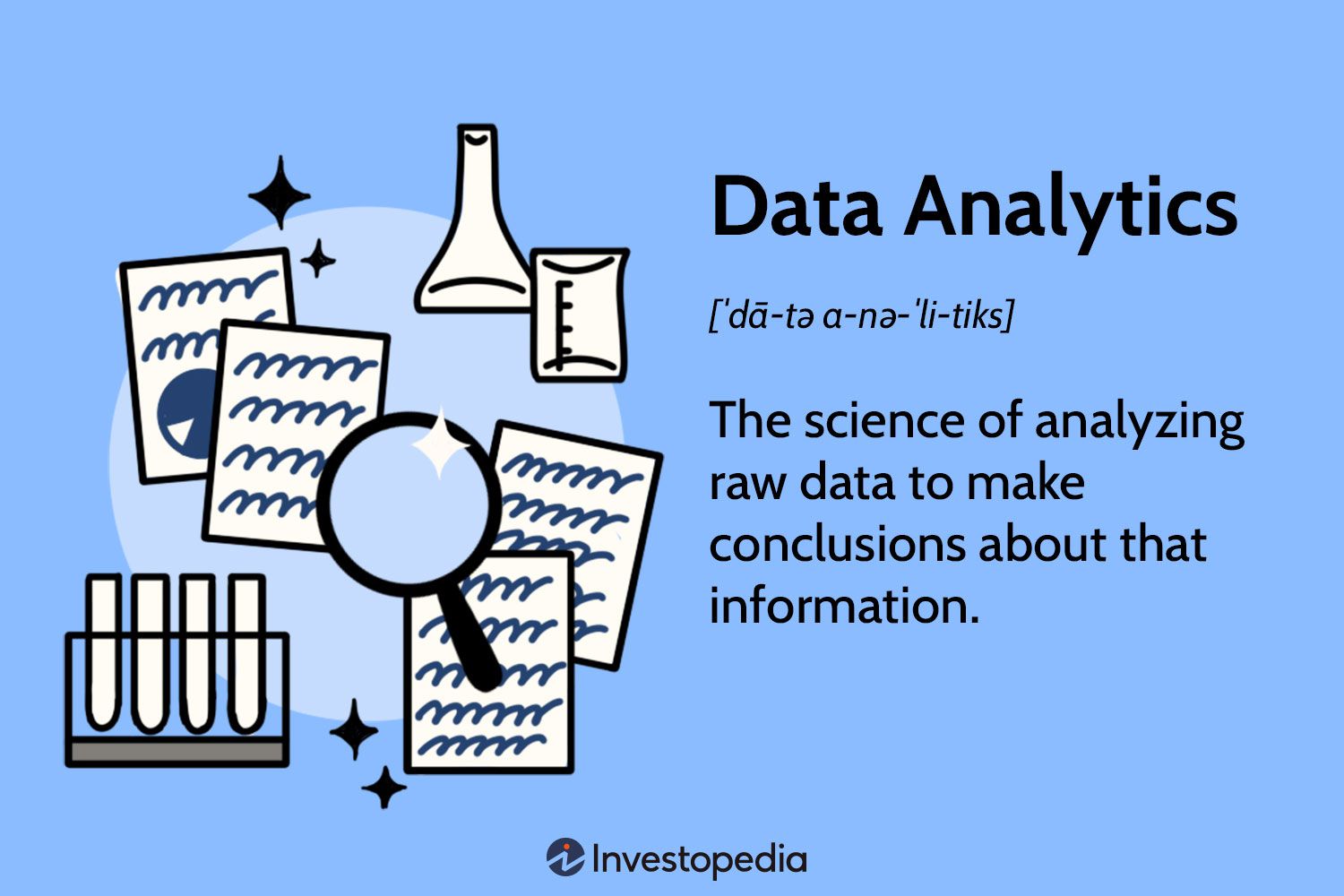Privacy in the Age of Digital Advertising
In our increasingly interconnected world, the conversation surrounding privacy is more crucial than ever. While we enjoy the conveniences that technology brings—from personalized recommendations to targeted advertisements—we must also navigate the complexities of data collection and consent. Microsoft, as a prominent player in the digital space, has continually reassured users of its commitment to privacy. Yet, how much do we truly understand about the data shared in exchange for a tailored online experience?
The Trade-off: Convenience for Privacy
Every time I log into my favorite social media platform or search for the latest Premier League news, I am greeted with personalized ads that seem to know me better than I know myself. This level of personalization is made possible through the use of cookies—small data files stored on my device.
Microsoft and its partners utilize cookies not only for effective advertisements but also to enhance user experience across their platforms, including Bing. This leads to a well-trodden path: the question arises—is this a fair trade-off? Are we sacrificing too much of our privacy for convenience? As I ponder this while browsing, I can’t help but feel a twinge of apprehension. In a world where every click, every search, is tracked, our digital footprints can reveal far more than our preferences; they unveil our very habits and routines.
 More on the challenges of data privacy today.
More on the challenges of data privacy today.
The Cookie Consent Dilemma
As a frequent internet user, I’ve grown accustomed to cookie consent banners popping up like clockwork. Sites like Microsoft’s ask for my agreement before they store my information, leading to a moment of contemplation. Do I really want to sift through the endless legal jargon just to enjoy seamless browsing? On one hand, I appreciate being informed about how my data is being used. On the other, the level of detail can be overwhelming. Microsoft’s transparent approach allows users to review options and select their preferences, but many users, myself included, often opt for the default settings simply to expedite the process.
Understanding Data Usage
The breadth of data sharing across platforms is staggering. Personalised advertising, audience measurement, and content development are all made possible by processing user data. Having worked in marketing, I’ve seen firsthand how valuable this data is; it can drive strategies and shape campaigns. However, I can’t help but question the ethical implications of such extensive data utilization. Are we, as consumers, fully aware of what we consent to? Microsoft endeavors to ensure legitimate interests are clear, but I can’t shake off the feeling that there should be more awareness around how our data is being utilized.
When I came across Microsoft’s cookie policy, I was intrigued by their claim of ‘legitimate interest.’ But what does that even mean? For an average user, like my friend Dave who isn’t particularly tech-savvy, the implications remain foggy. When pressed on what he had agreed to, Dave shrugged and admitted he rarely reads the pop-ups that accompany his daily browsing.
 An analytical view into data collection methods.
An analytical view into data collection methods.
A Collective Responsibility
As we dive deeper into the digital age, the responsibility doesn’t rest solely with tech giants like Microsoft. It lies with us, the users, to educate ourselves about our rights and how our data is handled. The increasing awareness around data privacy rights empowers us to make informed choices. I often remind my friends to actively manage their preferences. After all, there is a fine line between personalization and overreach, and understanding this difference is integral.
Taking Control of Your Data
Given the wealth of information shared online, I now make it a priority to regularly review my privacy settings across different platforms. Did you know you can adjust cookie preferences under ‘Manage Preferences’ on Microsoft sites? It’s a small step, but one that significantly contributes to my digital autonomy.
I’ve also discovered user-friendly alternatives that allow me to navigate the internet with fewer tracking ads, and they have truly enhanced my browsing experience. Sure, it takes time to set up filters and privacy settings, but in return, I gain peace of mind knowing my data is safeguarded.
 Emphasizing the importance of online user control.
Emphasizing the importance of online user control.
Conclusion
At the intersection of technology and user privacy, it’s vital to maintain a healthy skepticism about how data is collected and used. Companies like Microsoft are making strides toward transparency, but it’s up to us to stay vigilant. As we consent to the use of cookies and tailored ads, let’s ensure that we’re aware of our rights and understand the implications of our digital choices. Moving forward, I hope to see a rise in platforms that prioritize user privacy as much as innovation.
After all, a digitally empowered world is one where our privacy is respected, not sacrificed.
For more information about the role of data in advertising, you can visit here and explore resources that detail your privacy rights.


 Photo by
Photo by 











